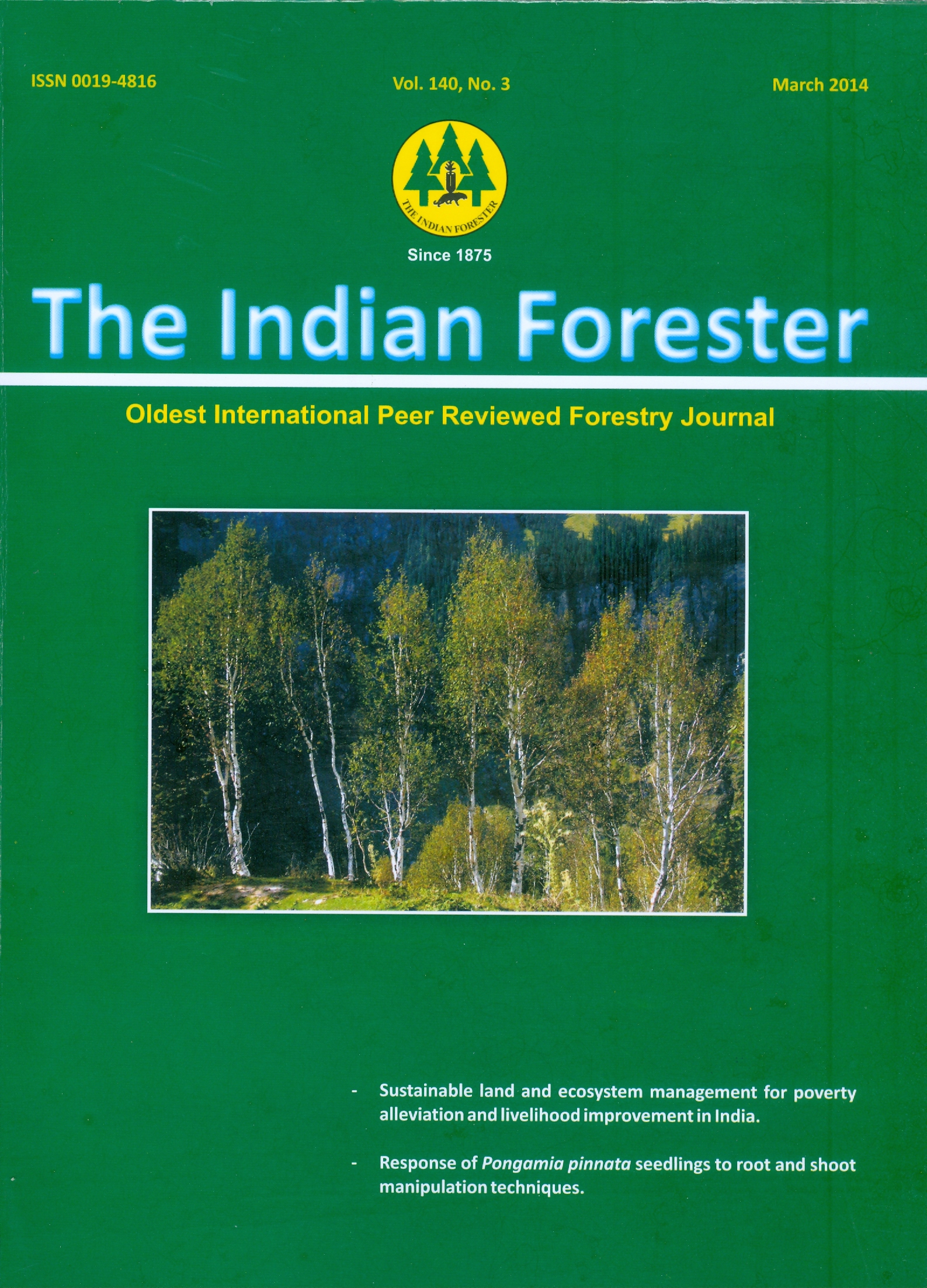Sustainable Land and Ecosystem Management for Poverty Alleviation and Livelihood Improvement in India
DOI:
https://doi.org/10.36808/if/2014/v140i3/47434Keywords:
Sustainable Land Management, Watershed Development, Ground Water Recharge, Integrated Farming SystemAbstract
Food, water and livelihood security of the masses can be ensured through restoration of ecosystem health by way of reversing land degradation, conserving natural resources and practicing sustainable land management. The sustainable land and ecosystem management (SLEM) is a joint initiative between the Government of India and the Global Environmental Facility (GEF) to help address the issues of land degradation in a comprehensive manner with support of World Bank, Food and Agricultural Organization and United Nations Development Programme. Watershed management, rain water harvesting, its economic utilization and ground water recharge, reclamation of degraded lands and sustainable land management, integrated farm development, livelihood activities in collaboration with joint forest management and alternative source of energy have emerged good approaches and practices for poverty alleviation and improved livelihoods. The project envisages dissemination of such best practices to larger areas for benefit of stakeholders. Policy gaps and barriers are also being addressed in order to suggest interventions for suitable policy reforms.Downloads
Download data is not yet available.
Downloads
Published
2014-04-03
How to Cite
Dasgupta, S., Singh, T. P., & Narain, P. (2014). Sustainable Land and Ecosystem Management for Poverty Alleviation and Livelihood Improvement in India. Indian Forester, 140(3), 211–219. https://doi.org/10.36808/if/2014/v140i3/47434
Issue
Section
Articles
License
Unless otherwise stated, copyright or similar rights in all materials presented on the site, including graphical images, are owned by Indian Forester.





